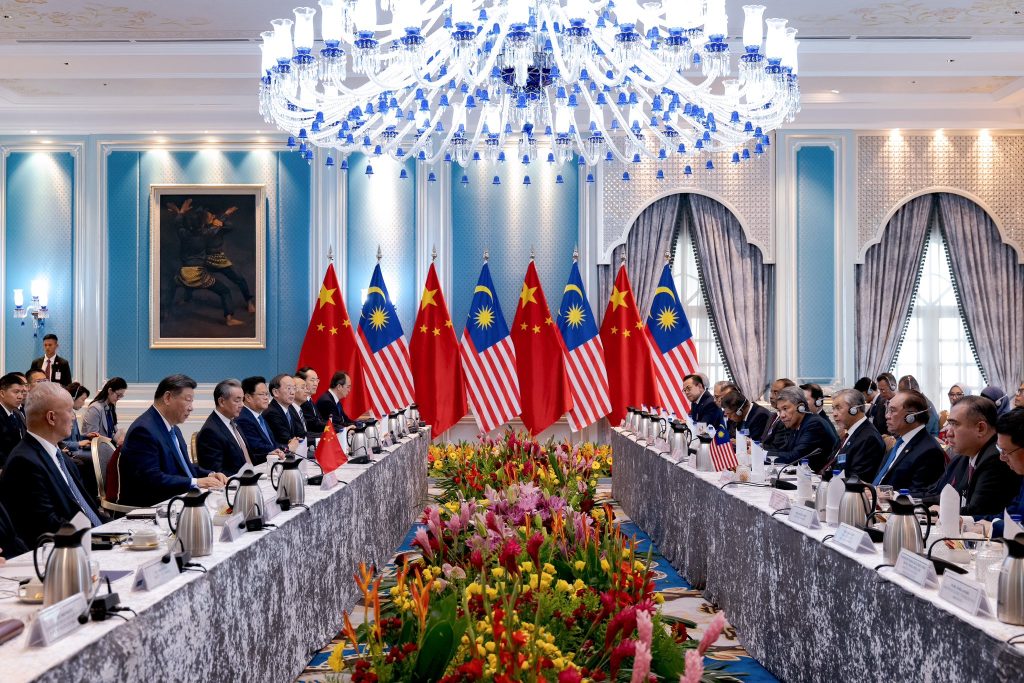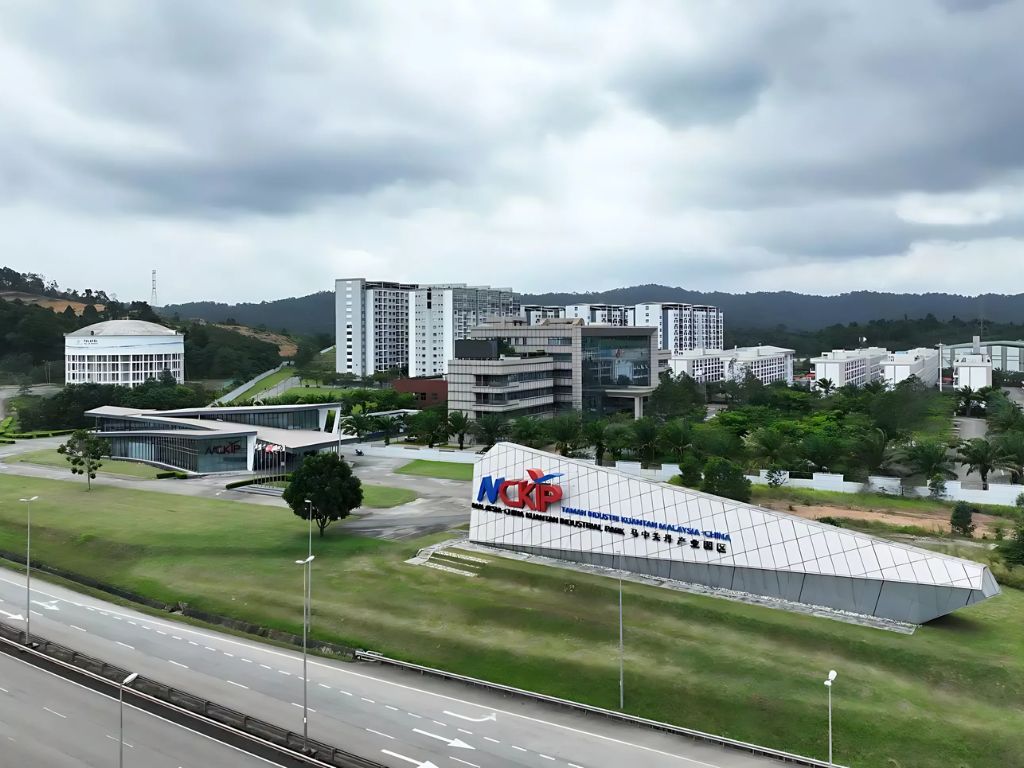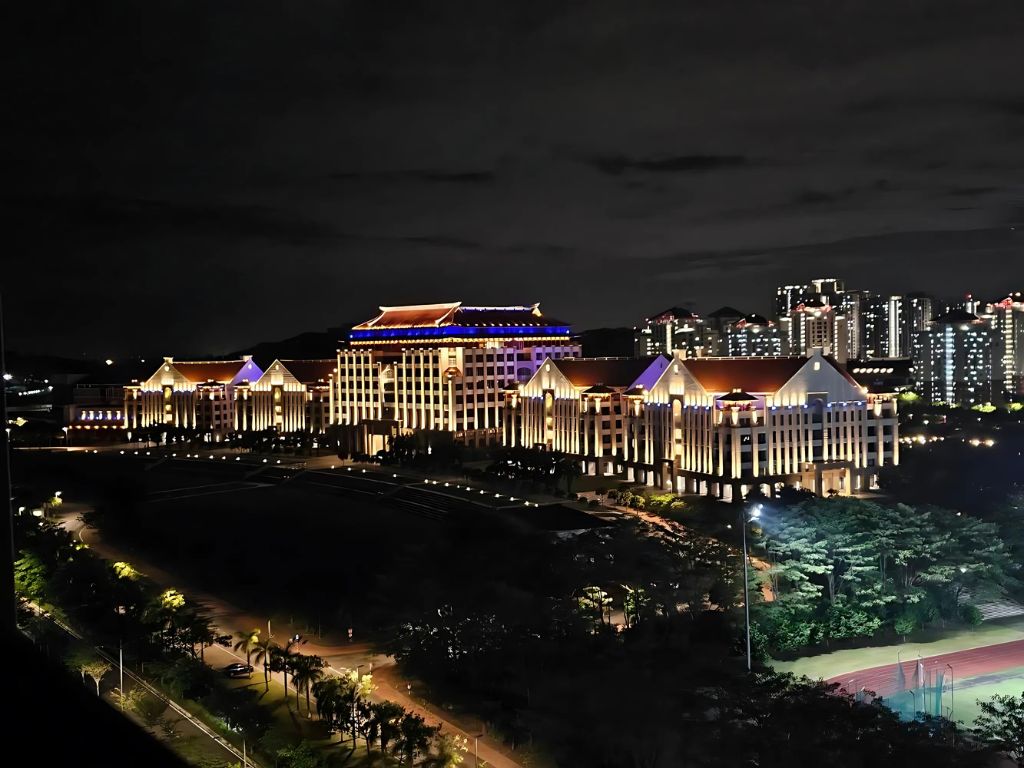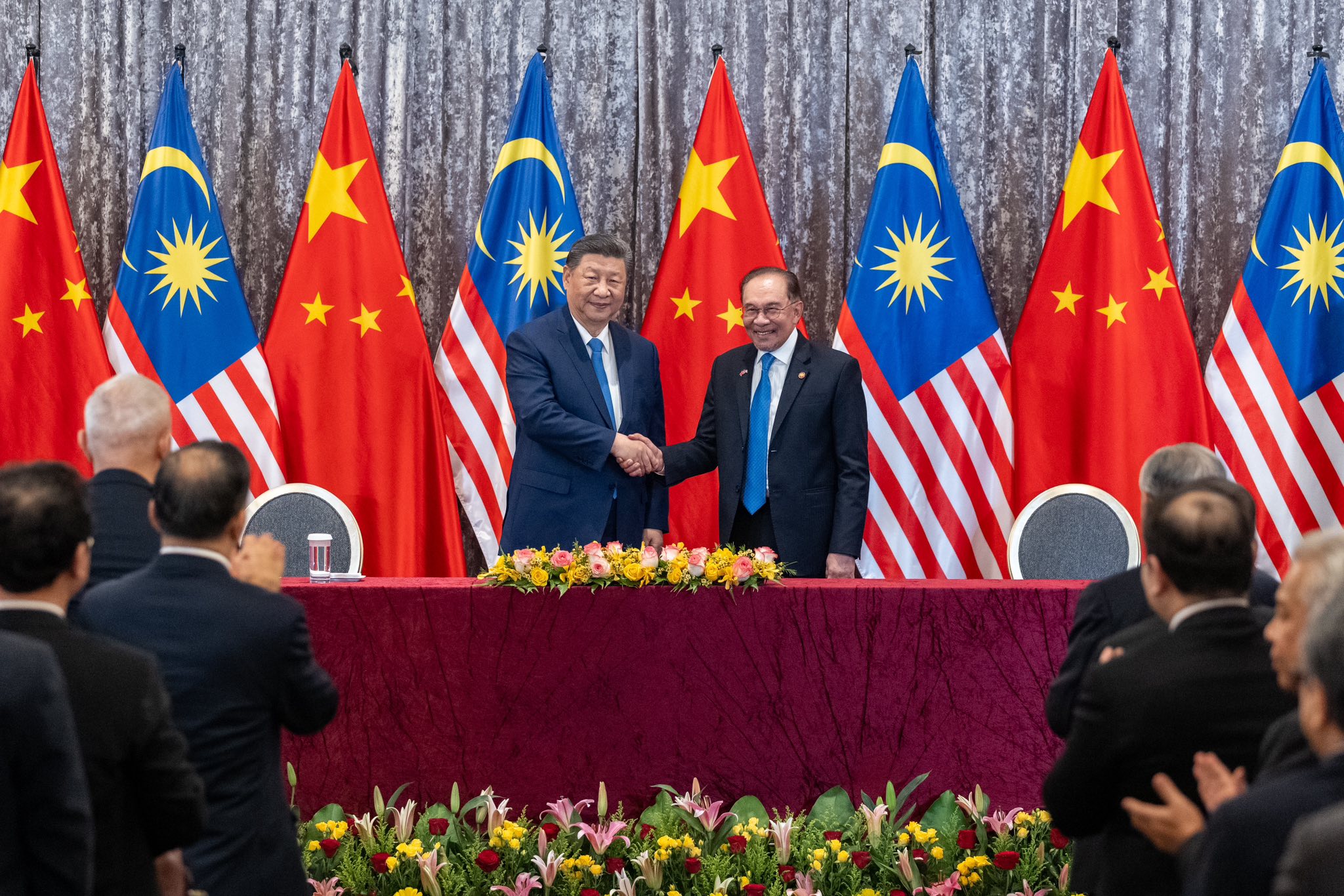Prime Minister Datuk Seri Anwar Ibrahim and China’s President Xi Jinping today witnessed the exchange of 31 Memorandums of Understanding (MOUs) — a record-breaking number — covering everything from trade and tourism to advanced technology, education, and culture.
This was more than just a diplomatic handshake — it marked a new era of strategic partnership between Malaysia and the world’s second-largest economy. But here’s the million-ringgit question:
What do these MOUs actually mean for us as Malaysians — and more specifically, what does it mean for the real estate and business landscape?
Let’s break it down.
Overview: What Was Signed?
These 31 MOUs can be grouped into five major pillars:
- Strategic & Diplomatic Cooperation
- Trade & Economic Partnerships
- Technology, Innovation & Infrastructure
- Education & Cultural Exchanges
- Media, Tourism & People-to-People Relations
Here’s a deeper look at each one — and what it could mean for the rakyat, property investors, and industry players.
Strengthening Strategic Relations

- Global Security Initiative (GSI) Malaysia and China commit to closer cooperation in security and foreign policy — especially in maritime matters, cybersecurity, and peacekeeping.
- Visa Exemption Agreement Malaysians and Chinese citizens can now travel visa-free for tourism, business, or education. This makes travel and investment between both countries significantly easier.
- Bilateral Dialogue on Defence & Foreign Affairs Regular formal discussions will happen between our governments, helping both nations navigate sensitive topics (e.g., South China Sea, Belt & Road projects).
Impact: Greater trust and cooperation sets a stable foundation for large-scale Chinese investments and long-term diplomatic alignment.
Trade & Economic Partnerships

- MoU on Trade in Services Expansion of service-sector collaboration: logistics, e-commerce, education, finance, healthcare.
- Kuantan-Qinzhou “Two Countries, Two Parks” Initiative Joint development of industrial parks in Malaysia and China to boost bilateral trade.
- Coconut Export Agreement Malaysian coconuts now have access to China’s enormous consumer market — great news for the agriculture sector.
- Standardisation MoU Alignment of trade regulations and standards between the two countries, simplifying import/export processes.
Impact: Job creation in key growth corridors, improved trade logistics, and more demand for industrial and port-related real estate (e.g., Kuantan, East Coast Rail Link areas).
Technology, Innovation & Infrastructure

- Railway Cooperation MoU Potential continuation and enhancement of Malaysia’s railway infrastructure, including the East Coast Rail Link (ECRL).
- Joint Tech Labs (AI, biotech, green energy) Advanced R&D centres to be set up with Chinese institutions in collaboration with Malaysian universities.
- BeiDou Satellite Navigation Agreement Malaysia will work with China’s GPS-equivalent system to improve logistics, transport, and disaster response.
- Digital Economy & AI MoUs Focus on smart city development, e-commerce, and AI research with major partners like Zhejiang University and the National Development Reform Commission of China.
Impact: Opens the door to smart city planning, high-tech zones, and a possible wave of Chinese-backed smart residential and commercial developments.
Education & Cultural Exchange

- Malaysia-China International Higher Education Institute New joint university initiative between UM and Xiamen University Malaysia to attract global students.
- Confucianism-Islam Dialogue & Classical Texts Translation Deeper cultural understanding between both nations through interfaith dialogue and shared philosophical exploration.
- Panda Research & Heritage Conservation Yes — pandas! But also joint efforts to protect Asia’s shared cultural treasures and build bridges via conservation diplomacy.
Impact: A more attractive education and cultural hub status for Malaysia, increasing property demand in student towns and university zones.
Media, Tourism & People-to-People Relations

- Tourism Malaysia + Xinhua / CMG Media Tie-Ups Malaysia will get extensive exposure through China’s top media platforms.
- Joint Film & News Content Creation Malaysia and China will co-produce content to promote both nations globally.
- Friendship Associations & Events Grassroots efforts to strengthen people-to-people ties.
Impact: Surge in inbound Chinese tourists, students, and investors. Expect property interest to rise in tourist-friendly zones and MM2H hot spots like KLCC, Penang, and Johor Bahru.
What Does This Mean for the Malaysian Property Market?
Here’s the bottom line:
This is a golden opportunity for real estate investors, developers, and agencies.
- More Chinese buyers and long-term tenants (especially under MM2H or visa-free programs)
- Potential new smart townships, logistics hubs, and tech parks powered by AI, railway, and R&D collaborations
- Greater investor confidence due to stable diplomatic and trade ties
- Spillover effect into East Coast states via the ECRL and Kuantan Industrial Park
- Boom in student accommodations and cultural-education zones with China-Malaysia university initiatives
Want to know which agreements impact property prices? Read this next… Top 5 Malaysia–China MOUs That Will Impact Our Property Market
Source of Information
This article is based on verified reports from BERNAMA, Malaysia’s official news agency, published in April 2025.
Disclaimer
The content of this article is for informational purposes only. While every effort has been made to provide accurate and up-to-date insights, the actual impact of these MOUs may vary based on future policy implementation, political factors, and global economic conditions.

Leave a Reply